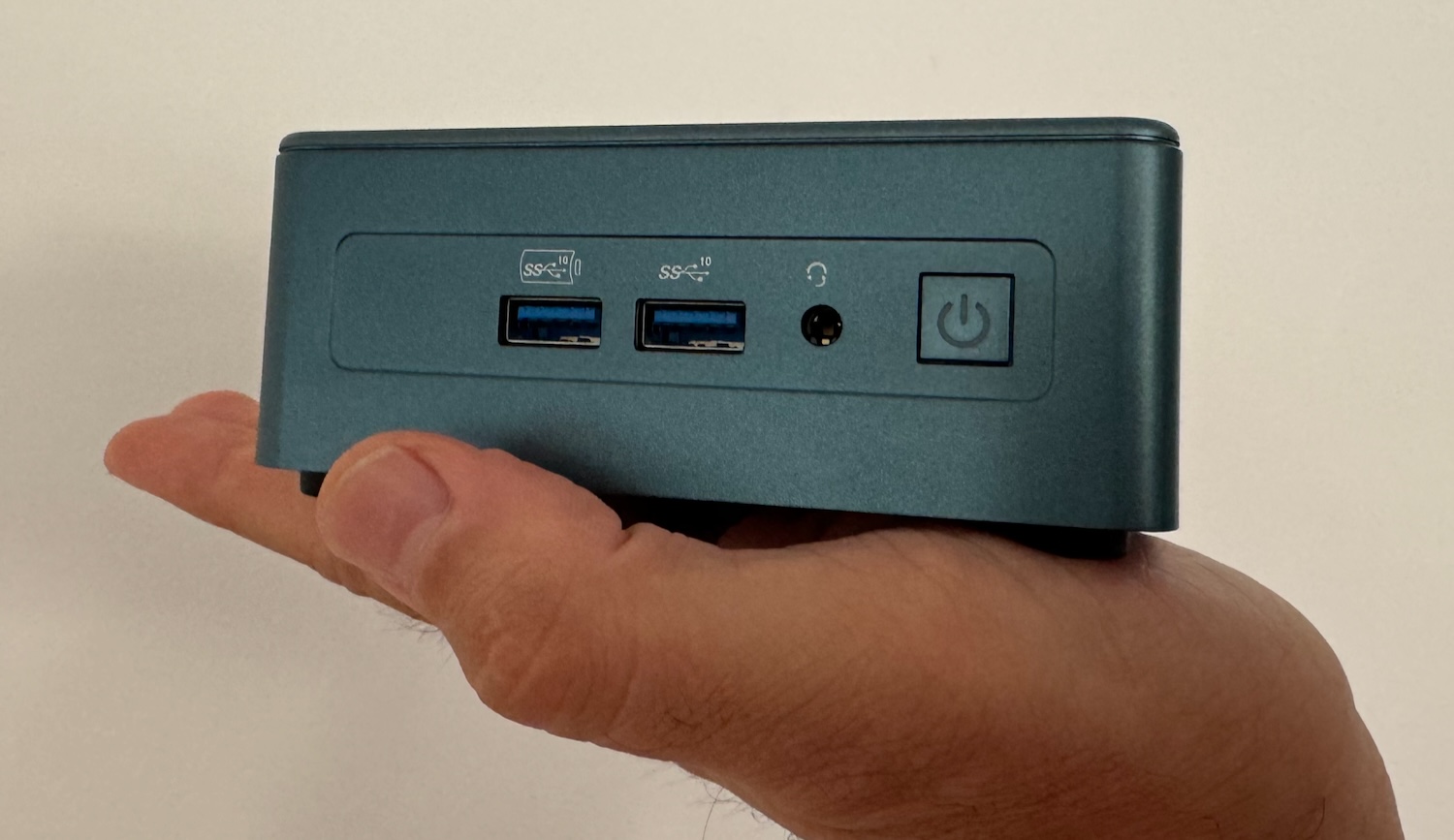Many people today question the need for a dedicated antivirus program, considering that Windows Defender comes installed with the OS. However, Avast Free Antivirus is not only free but also provides a more comprehensive security package than Microsoft’s offering.
There’s some stigma surrounding free security software. Some companies reserve crucial features for the paid versions of their products, but Avast Free includes many tools that are not always available in competitors’ offerings. Hundreds of millions of users rely on Avast, which certainly boosts confidence in its capabilities.
We downloaded and installed the latest version of Avast Free Antivirus, which was a quick and easy process. Once everything was ready, we were prompted to run an initial scan and I was pleased to find that my PC was free of viruses and malware.
The app’s main hub offers a slew of options across a clean and simple dashboard. It is very user-friendly, featuring large icons and clear explanations of each function. Although a few features are restricted unless you upgrade to a paid tier, there are still a surprisingly large number of options available for a free program.
The six layers of protection
Avast highlights six layers of protection used by its antivirus, powered by cloud-based analytics and machine learning.
- Web Shield: Uses URL detection algorithms to protect against phishing along with full content filtering to stop malware.
- Static Scanner: Its primary scanner for checking files to identify threats.
- Emulators: Two emulators (one for scripts and one for binary files) that provide full emulation of the native computing environment, protecting against zero-day malware and vulnerabilities.
- Avast DeepScreen: Uses a virtual machine that contains a cloned version of the user’s OS. It employs machine learning to identify similarities with known malware families.
- Avast CyberCapture: Prevents the rarest and most sophisticated malware from infiltrating a user’s system by locking down and submitting potentially malicious files to the clean-room environment at Avast Threat Labs.
- Behavior Shield: Monitors your system for suspicious activities while programs are running.
Scanning for viruses

In addition to its primary smart scan, Avast Free Antivirus offers a more thorough full scan that inspects an entire PC, a targeted scan for specific folders or external drives, a boot-time scan that looks for threats before Windows starts, and user-defined custom scans.
A quick scan here takes about 30 seconds. Full scans do take longer as they’re more in-depth; this one took around five minutes – times will obviously vary depending on how many files you’re scanning. Finally, there’s the Boot-Time scan. This took the longest, adding about ten minutes to the boot process.
There’s also the option to create a rescue disk to run Avast when Windows isn’t running, helping remove deeply embedded threats that won’t be able to defend themselves.
Any threats identified by Avast Free Antivirus get sent to the quarantine section, where you can delete them, create exceptions, or even send them to the company for analysis.
Avast’s parent, Gen Digital, also owns Norton, Avira, and AVG, so it’s got some big industry names in its corner. That’s reflected in independent antivirus tests: Avast blocked 100% of AV-Test threats, earning it a Top Product award; 99.6% of threats from AV-Comparatives, which designated it an Advanced+ product; and 99% of SE Labs’ threats to earn an AAA rating.
Files, internet, and email protection

Next to the scans section is the Core Shields menu: File, Behavior, Web, and Mail. They’re all proactive; the web shield, for example, blocks web attacks and unsafe downloads. They help keep you safe from dangerous emails, new files, and apps behaving suspiciously.
The email shield is certainly useful. Not only does it help ensure you don’t open any nasty attachments, but it also scans incoming and outgoing mails and can add a customizable warning to the header of emails containing a virus.

The Web Shield is also a welcome addition, helping fight against everything from dangerous downloads to bots. It also prevents browsers and other apps from running potentially malicious scripts. Tests show that Avast Free Antivirus managed to detect and block 99% of fake phishing sites, more than many free rivals.
Network Inspector
Another feature I was impressed to find in a piece of free AV software is the Network Inspector, allowing you to scan networks for any security issues and vulnerabilities. The program shows device names and types (where it can), as well as plenty of details on each, including the IP or MAC address.
Users can also be notified whenever a new device joins their home network, which is very handy if it’s an unauthorized connection, and it constantly monitors all devices already connected to said network. There are extensive logs to trawl through if needed, too.
Ransomware Shield

Something you don’t tend to find in many other free antivirus tools is the Ransomware Shield. It helps protect personal photos, documents, and other files from being modified by ransomware attacks, stopping untrusted applications from accessing your files. It does this by scanning for and automatically securing folders that may contain personal data. You can also specify which apps are allowed to modify files and which folders to protect from untrusted apps.
There are two main modes within the ransomware protection: Smart and Strict. The Smart mode is a hands-off approach which allows trusted apps manipulate files, while Strict only allows approved apps to do so, and requires approval of any others that attempt to make changes or before it can edit files.

As with the other features, the settings section offers plenty of customization options, including which specific file types you want to protect (or all of them). I tested the Strict mode by simply saving something in Notepad, which, as I hadn’t approved the app, was blocked (as shown above).
Firewall

Windows has its own built-in firewall, and while Avast’s version offers a similar level of protection, there are more options and details. Windows automatically switches to the Avast firewall when it’s turned on, so you don’t have to worry about jumping through any hoops first.
The firewall feature, which monitors for unauthorized communications, goes beyond just offering an on-and-off switch. There is a list of apps and how much data they’re using (screenshot above). Blocking individual apps is as simple as clicking on a button, and, assuming you know what you’re doing, lots of options for applying and editing the firewall rules.

More features on Avast Free
Avast also comes with a Privacy section. Only of one these features, Hack Alerts, is available without a subscription. It monitors for any time your email gets leaked as the result of a website breach.
Then there’s the Performance menu. There’s a “Do Not Disturb” mode that silences notifications from selected apps and an automatic software updater that scans for out-of-date applications. The DND Mode has some helpful settings, including pausing Windows updates and even pausing Avast notifications while running apps in full screen – I’ve yet to see an annoying notification from the program.
Download now: Avast Free is available for Windows, Mac, Android and iPhone
Other Avast features, such as Bank Mode (free if you use Avast secure browser), Email Guardian, Remote Access Shield, and Sandbox Mode are available with a subscription. Moreover, you can download Avast’s separate free VPN and privacy browser via the antivirus app.
We’ve been genuinely impressed with the range of options available and the thoroughness of Avast Free Antivirus. Unlike some other virus checkers that don’t cost anything, I’ve barely noticed it’s there, thanks mostly to the lack of intrusive (and unnecessary) notifications, while its high security rating and web protection offer some extra piece of mind.











